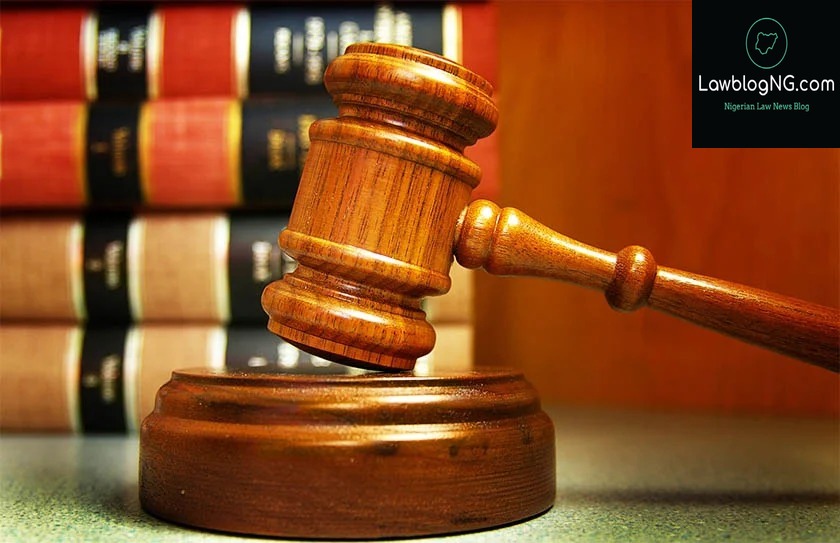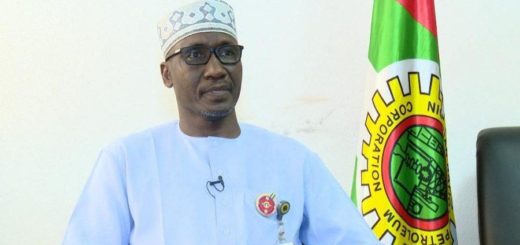Alleged N4bn theft: Obiano challenges Abuja court’s jurisdiction
 A former Governor of Anambra, Willie Obiano, has challenged the jurisdiction of the Abuja Federal High Court to hear the alleged fraud preferred against him by the Economic and Financial Crimes Commission.
A former Governor of Anambra, Willie Obiano, has challenged the jurisdiction of the Abuja Federal High Court to hear the alleged fraud preferred against him by the Economic and Financial Crimes Commission.
The EFCC had on January 24 arraigned the former governor on nine charges bordering on alleged money laundering to the tune of N4bn.
In the charges, the EFCC alleged that Obiano diverted Anambra State’s security votes to the tune of N4,008,573,350 while he was in the saddle as governor between 2014 and 2022.
The EFCC accused him of indirectly transferring, through his Private Principal Secretary, N1.2bn from the state security vote account to another account belonging to Moment of Peace Ventures, an entity with no business with the state.
Obiano, however, pleaded not guilty to all the counts.
At the resumed hearing of the case on Monday, counsel for the EFCC, Sylvanus Tahir, told the court he was ready for the commencement of hearing in the matter and had three witnesses to present in court.
But counsel for the defendant, Onyechi Ikpeazu (SAN) told the court that he had filed a motion challenging the jurisdiction of the court to hear the matter.
He urged the court to exercise its discretion to determine his motion first before the commencement of trial.
When asked if he had been served the process, Tahir responded the process was served on him around 9:20 am on Monday.
He noted that he had yet to file a reply as a result.
Tahir said, “This process is a blatant waste of time. The issue of jurisdiction has been settled by the Supreme Court once the charge bordered on money laundering, the Federal High Court has inherent jurisdiction to try it.”
However, the trial judge, Justice Inyang Ekwo, interjected and urged him to allow the court to take its decision on the motion.
He said, “It is not for you to tell the court the Supreme Court’s decision on the issue. Respond to the motion and leave the court to decide.”
He subsequently adjourned the matter to March 7, 2024, to hear the motion.













